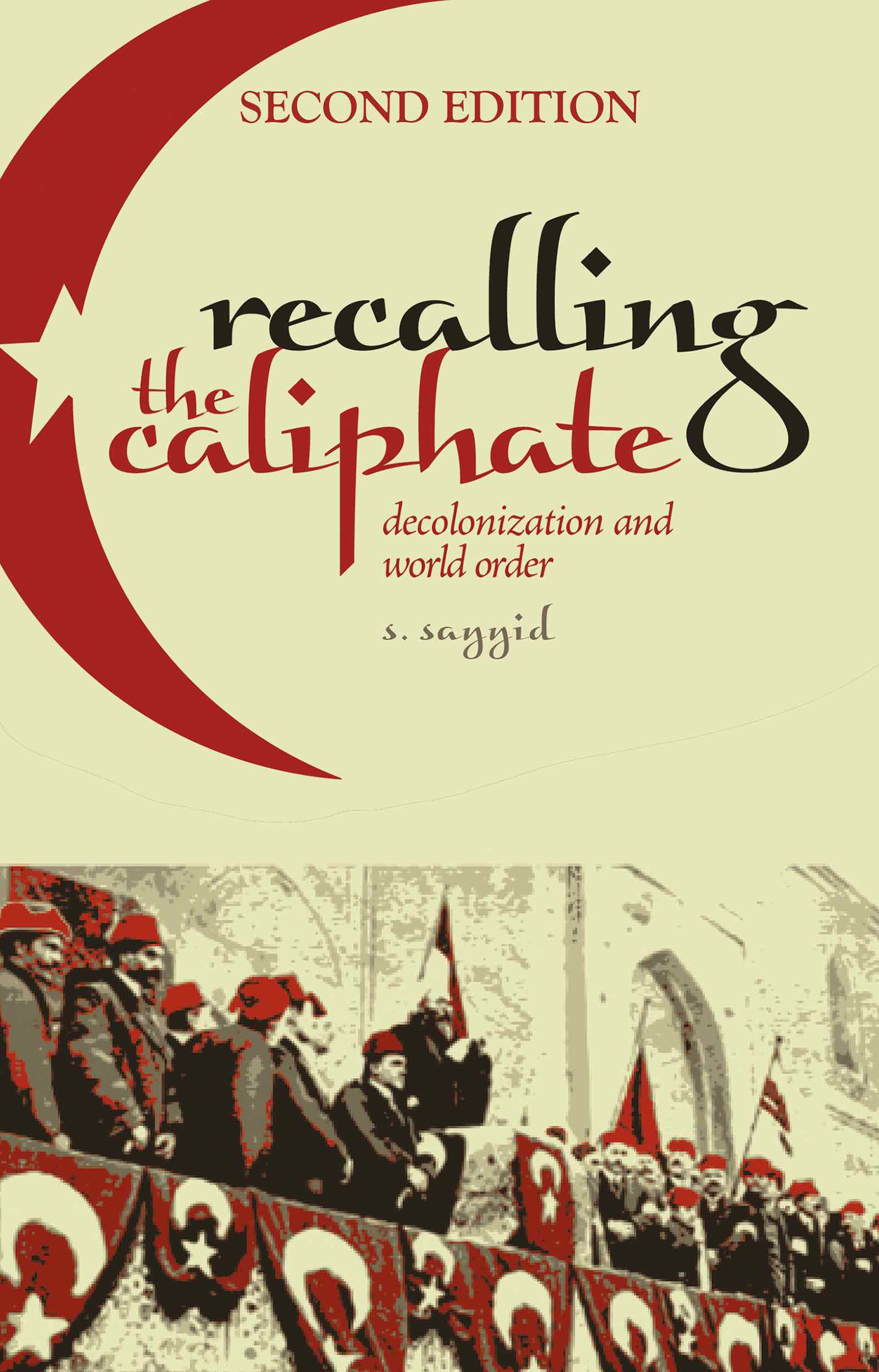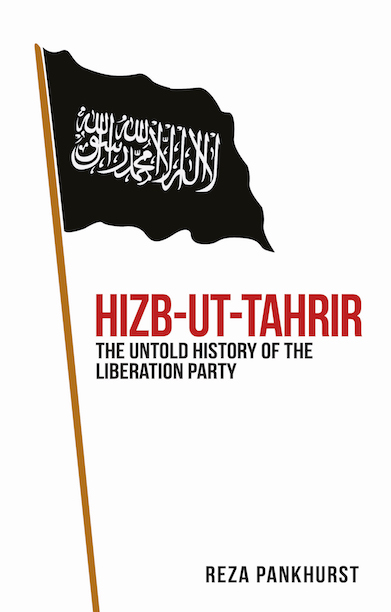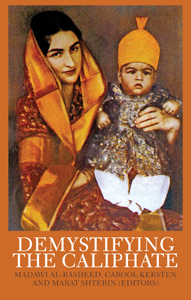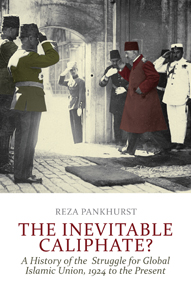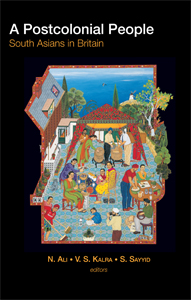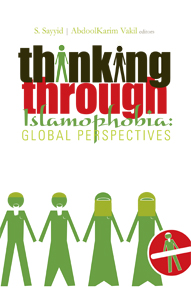Description
As late as the last quarter of the twentieth century, there were expectations that Islam’s political and cultural influence would dissipate as the advance of westernization brought modernisation and secularisation in its wake. Not only has Islam failed to follow the trajectory pursued by variants of Christianity, namely confinement to the private sphere and depoliticisation, but it has also forcefully re-asserted itself as mobilisations in its name challenge the global order in a series of geopolitical, cultural and philosophical struggles. The continuing (if not growing) relevance of Islam suggests that global history cannot simply be presented as a scaled up version of that of the West. Quests for Muslim autonomy present themselves in several forms — local and global, extremist and moderate, conservative and revisionist — in the light of which the recycling of conventional narratives about Islam becomes increasingly problematic. Not only are these accounts inadequate for understanding Muslim experiences, but by relying on them many Western governments pursue policies that are counter-productive and ultimately hazardous for Muslims and non-Muslims alike.
Recalling the Caliphate engages critically with the interaction between Islam and the political in context of a post colonial world that continues to resist profound decolonisation. In the first part of this book, Sayyid focuses on how demands for Muslim autonomy are debated in terms such as democracy, cultural relativism, secularism, and liberalism. Each chapter analyses the displacements and evasions by which the decolonisation of the Muslim world continues to be deflected and deferred, while the latter part of the book builds on this critique and attempts to accelerate the decolonisation of the Muslim Ummah.
Table of contents
1. Names
2. Liberalism
3. Secularism
4. Relativism
5. Democracy
6. Futurology
7. Diaspora
8. Caliphate
9. Order
10. Hermeneutics
Reviews
‘Paradigm shifting … Salman Sayyid offers a breathtakingly brilliant meditation on the problem of decolonisation through Muslim thought and politics. [Written] with exceptional clarity, Recalling the Caliphate especially raises and addresses crucial questions about the role and possibilities offered by Islamist thought in imagining a decolonial world order. This monumental book should be read and taught widely.’ — New Books Network
‘S. Sayyid has written a highly insightful exploration of Muslim identity (“the ummah”) in the modern world. Unlike many who have pontificated on Islam and Muslims, Sayyid is very well informed on Islamicate and European history, and has an impressive command of contemporary critical theory. The result is an excellent book.’ — Talal Asad, Graduate Center of the City University of New York
‘To my knowledge, this is the best attempt at decolonising the Muslim mind and politics. But it is much more than that. It is a complex and powerful rendering of a Muslim contribution to a new non-liberal cosmopolitanism., and should be read by all.’ — Boaventura de Sousa Santos, Professor of Sociology at the University of Coimbra and University of Wisconsin-Madison
‘Original and provocative, Sayyid’s evocation of the Caliphate heralds a new generation of intellectuals equally at home in discourses of postmodernity and the Islamic ummah. A significant intervention into current post-colonial debates.’ — Susan Buck-Morss, Professor of Political Philosophy and Social Theory, Cornell University, and author of Thinking Past Terror: Islamism and Critical Theory on the Left
Author(s)
S. Sayyid is Professor of Decolonial Thought and Social Theory at the University of Leeds, where he is also Head of the School of Sociology and Social Policy.
